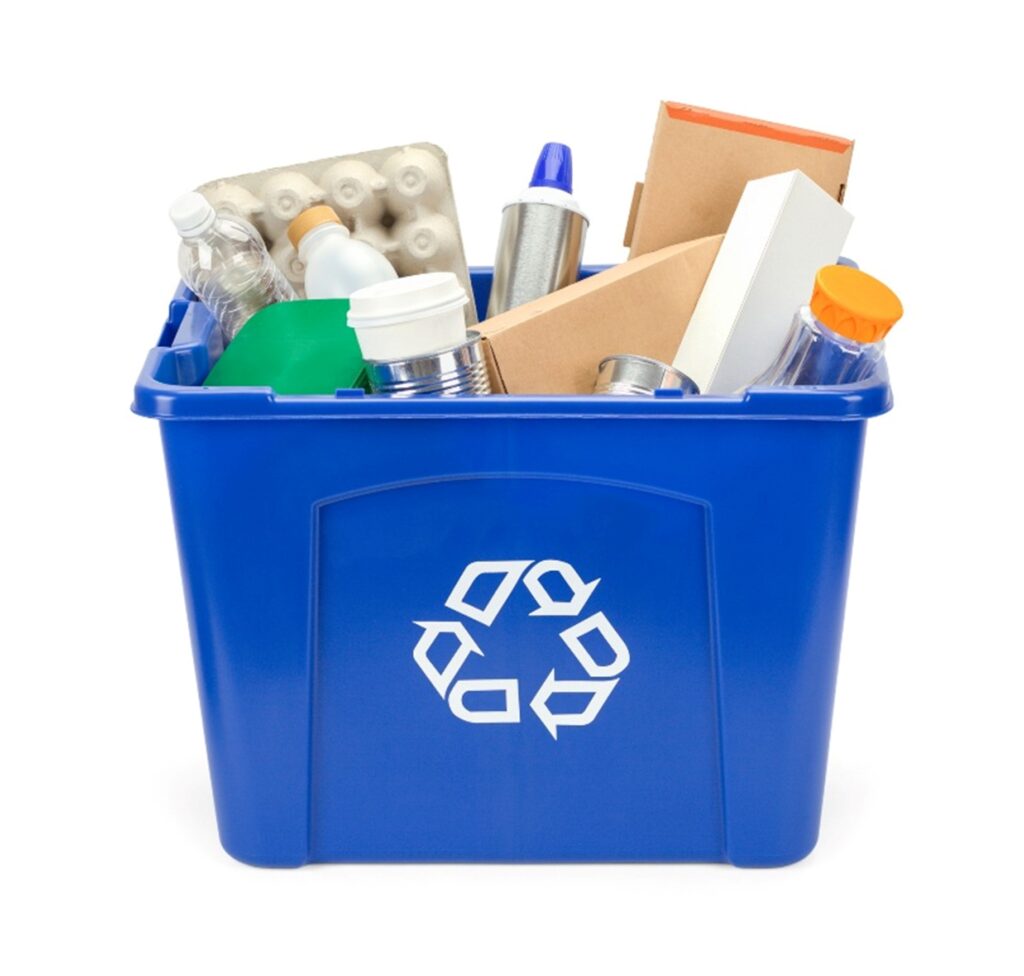5901 Botham Jean Blvd, Dallas, TX 75215
What Items Should You Never Put in the Recycling Bin?
August 6, 2024
Recycling is an important part of environmental conservation, but knowing what should never go into your recycling bin is equally important. Despite our best efforts, including non-recyclable materials in the recycling process can contaminate entire batches of recyclables, making them unusable. So, what are non-recyclable materials, and what should you never put in your recycling bin?
Understanding Non-Recyclable Materials
You may be wondering, “What are non-recyclable materials?” These are items that cannot be processed and reused by recycling facilities due to their composition or contamination. Including these items in your recycling bin can cause significant problems, from machinery damage to increased sorting costs, ultimately reducing the efficiency of recycling programs.
What Should I Never Put in My Recycling Bin?
Here are some common examples of non-recyclable materials:
- Plastic Bags and Wrappers: Despite being made of plastic, plastic bags and wrappers are not suitable for recycling bins. Plastic bags can get tangled up in the machines used at recycling plants, causing delays and potential damage. Instead, consider using designated plastic bag recycling programs available at many grocery stores.
- Styrofoam: This lightweight material is prevalent in packaging but is not recyclable in most curbside programs. Styrofoam’s recycling process is costly and inefficient, making it a non-recyclable item in many areas.
- Food-Contaminated Items: Pizza boxes, used paper plates, and other food-soiled paper products should never be placed in the recycling bin. The grease and food residues contaminate the paper recycling process, rendering entire batches of paper waste unusable.
- Electronics: Items like batteries, old phones, and other electronic devices are not suited for the recycling bin. Electronic waste requires special handling due to its hazardous components. Many communities offer designated e-waste recycling programs to properly dispose of these materials.
- Glassware and Ceramics: While glass bottles and jars are recyclable, items like drinking glasses, window panes, and ceramics are not. These materials have different melting points and chemical compositions, which can disrupt the recycling process.
- Aerosol Cans: Empty aerosol cans can sometimes be recycled, but those that are not empty pose a significant risk. They can explode under pressure, endangering recycling plant workers and equipment. Always check local guidelines for the proper disposal of these items.
- Certain Plastics: Items made from plastic types #3 (PVC), #6 (polystyrene), and #7 (other) are typically not recyclable through curbside programs. Check the plastic identification code on the item and consult local recycling guidelines to determine if it is recyclable in your area.
- Textiles: Old clothes, shoes, and other textiles should not go into the recycling bin. These materials require specialized recycling processes. Many organizations and retailers offer textile recycling or donation programs to keep these items out of landfills.
Understanding recyclables and non-recyclables is essential for maintaining an effective recycling program. By keeping non-recyclable items out of the recycling stream, you help ensure that the materials collected can be efficiently processed and turned into new products.
Keep Recycling Clean: Partner with Okon Recycling for Best Practices
To ensure you’re recycling correctly, it’s essential to familiarize yourself with local recycling guidelines, as they can vary widely. Remember, when in doubt about an item’s recyclability, it’s better to check and dispose of it properly than to risk contaminating the recycling stream. Okon Recycling in Dallas-Fort Worth, TX, with over a century of experience, is dedicated to providing forward-thinking, value-based recycling solutions. Contact us online or at 214-426-6566 today and join us in our mission to make the world a cleaner, greener place.
